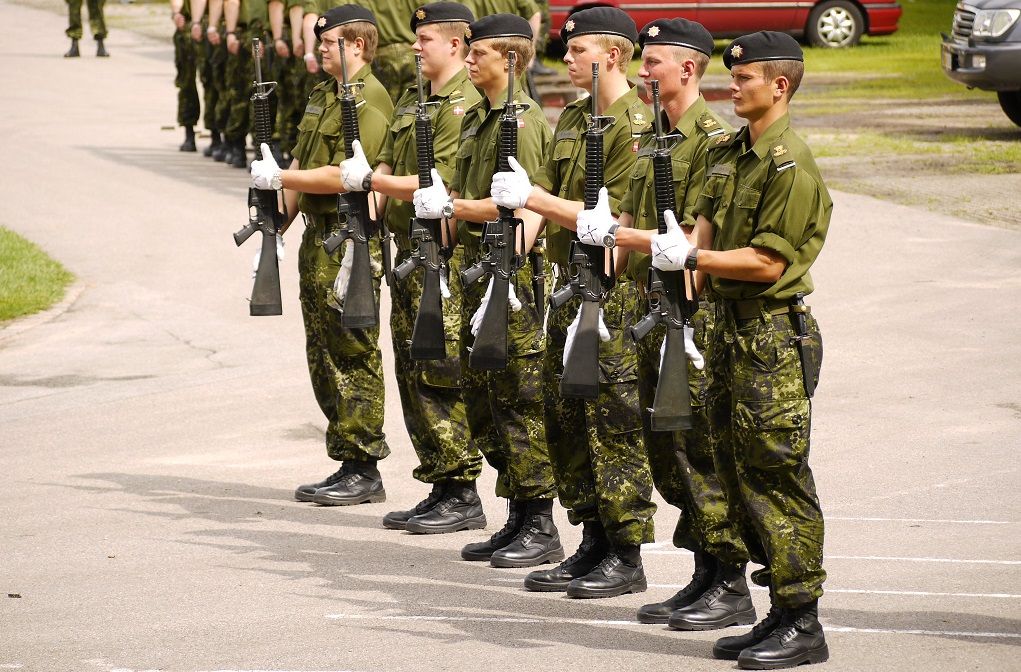Once we had stopped choking on our cornflakes, we could see what DR meant by the lead-in “Militærnægtere er stort set udryddet i Danmark” in its article about the huge decrease in conscientious objectors.
But for the briefest of moments the use of the word udryddet, which means ‘exterminated’, did conjure up images of deserters being shot during World War I and, even, Mette Frederiksen dressed up as Pol Pot.
Needless to say, the happiest country in the world is not committing genocide.
Very few among the volunteers
Instead, the DR article reveals that only four conscientious objectors undertook national service in 2020.
According to Tomas Ilsøe-Mikkelsen, the press officer at the Ministry of Defence’s Personnel Agency, this is “as close to zero as one can expect”.
In total it represents four out of the 5,000 conscripts last year, and it underlines how more than 99 percent of them want to be there, as they volunteered for their service.
The four conscientious objectors in question probably volunteered as well, but became conscientious objectors during their service, according to Ilsøe-Mikkelsen.
Peaked in the early 1970s
In the past, when undertaking national service was not as popular, forced conscription was the norm, and many who served were conscientious objectors.
The first ever case was documented in 1917, but the numbers really exploded in the 1960s and 70s – an era in which peace movements grew in response to the threat of the Cold War and condemnation of the Vietnam War.
The objectors even founded their own interest group in 1970, which was eventually disbanded in 2010 due to a lack of interest.
By the early 1970s, the number had peaked at 18 percent of all conscripts.
Civilian service the preferred option
At first, the Danish armed services used the objectors to work on the land – most notably in quarries, forests and fields. Overseen by the Navy, they acquired the nickname ‘the Forest Navy’.
But gradually their role has become less physical, and over the last 50 years they are more likely to have performed a kind of civilian service at cultural institutions.
Overall, they have pretty much behaved themselves, although a few buildings were burned down in the 1970s.
Actors John Hahn-Petersen, Pelle Hvenegaard and Søren Pilmark, author Troels Kløvedal and singer Allan Olsen were all conscientious objectors who undertook their national service.














